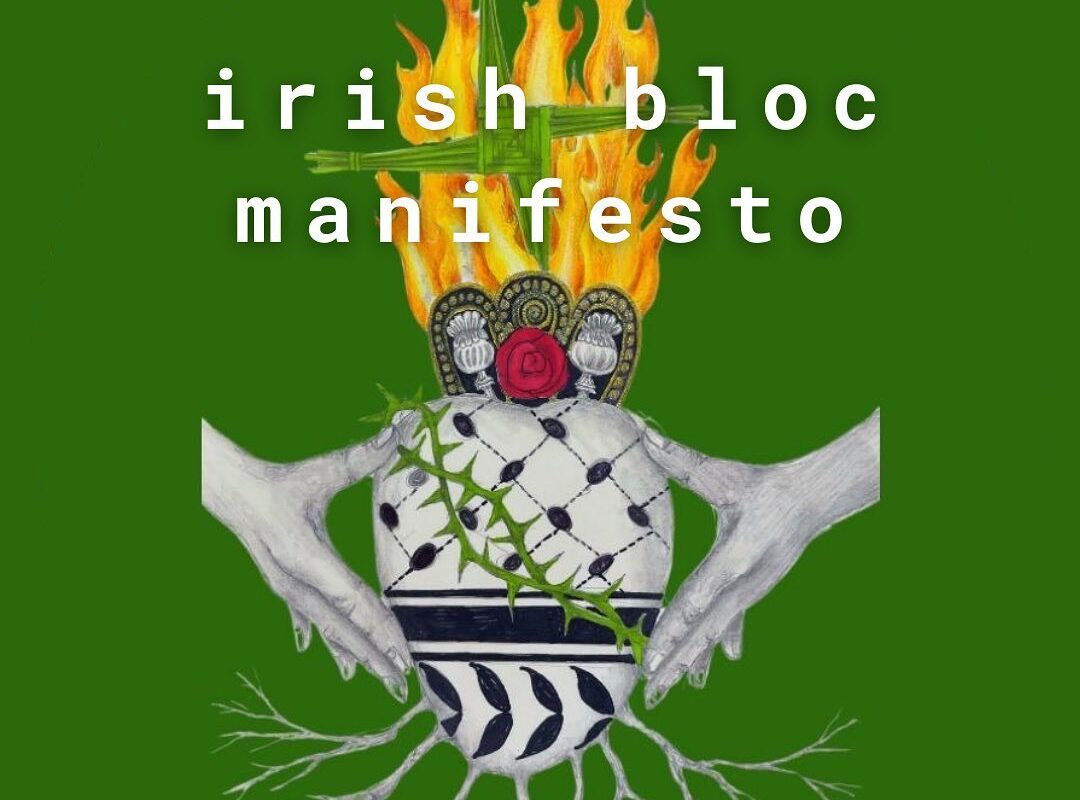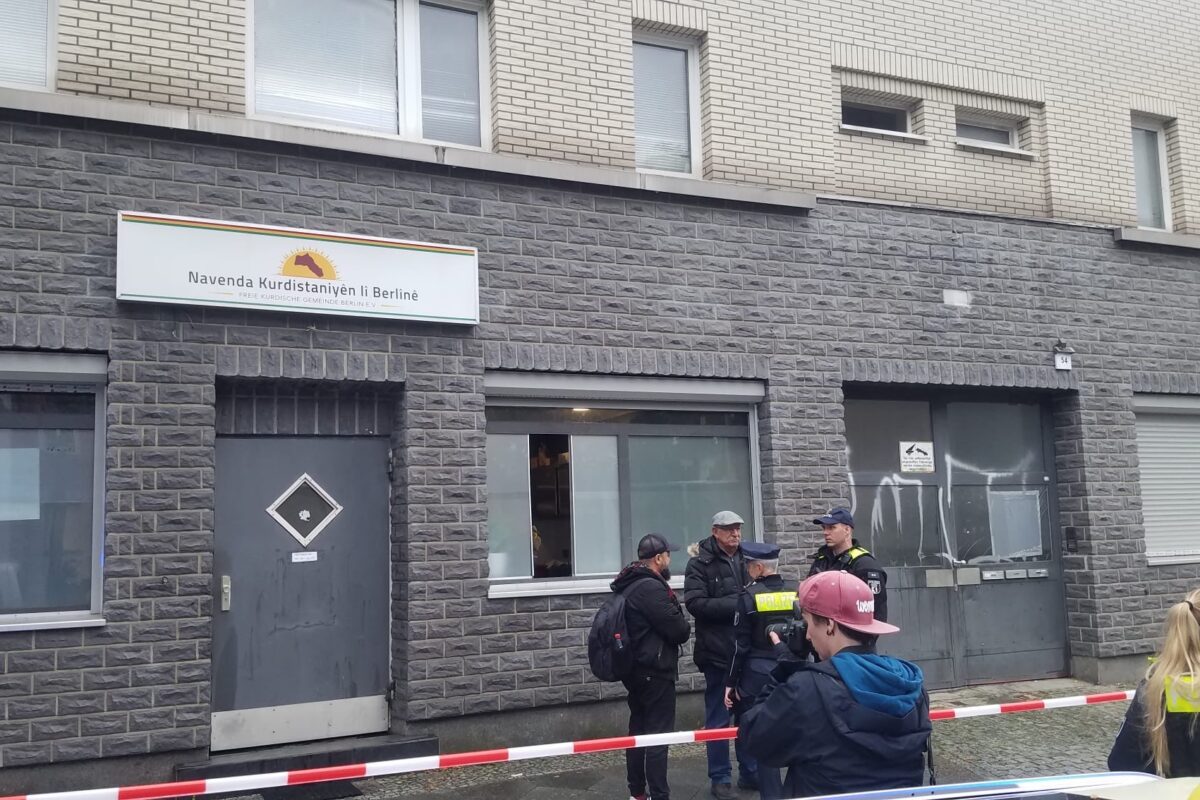Friday should have been a night to remember. A night filled with nothing but positives for the Bundesliga. FC Union Berlin, the only club in Germany’s top league that once competed in the German Democratic Republic. Union Berlin are currently in sixth place after defeating third placed Bayer Leverkusen. This is a huge achievement for Union, whose record signing cost just €2 million, pennies in comparison to Leverkusen’s €26.5 million summer purchase.

Germany’s Nadiem Amiri. This file is licensed under the Creative Commons Attribution-Share Alike 3.0 Austria license. Attribution: Ailura, CC BY-SA 3.0 AT
This impressive victory, however, has been overshadowed by a defender on the Berlin side shouting a racist insult and the club’s subsequent passive response. The winning goal was controversial, as a foul was committed by a Union player in the build up play. Leverkusen’s Nadiem Amiri, a German national born in Ludwigshafen to Afghan parents, was particularly incensed over the decision. In the ensuing argument between the two sets of players, Berlin’s Florian Hübner allegedly shouted “Scheiß Afghane,” or “shit Afghan.”
There seem to be multiple racist, xenophobic, and homophobic scandals in football every year. How is the sport supposed to address this never-ending issue if its clubs and governing bodies are not prepared to harshly punish those players and fans that make such statements?
Nadiem Amiri Going Above and Beyond
The Leverkusen players Jonathan Tah and Kerem Demirbay told the press in a post match interview about what was said towards Amiri, but they refused to openly identify the culprit. When asked to shed more light on the situation, Demirbay ,responded with, “No, that’s not my style… What happens on the pitch stays on the pitch.”
The following day, Amiri ,stated, “he [still not openly identifying Union’s Florian Hübner] came to me in the dressing room. Ugly words were uttered out of emotions, which he is very sorry about. He has given me believable assurance of that, therefore the matter is settled for me.” Amiri is going above and beyond here to let Hübner off the hook by accepting that such a comment can be played off as an emotional response.
To be born and raised in Germany, play proudly for the national team, and then be racially abused on the pitch, must cut deep. Many would not be so quick to accept Hübner’s apology.
Union Berlin’s Passive Response

Photo: Silesia711. This file is licensed under the Creative Commons Attribution-Share Alike 4.0 International license
Union then ,quote tweeted Amiri’s statement, writing that the club “completely distances itself from racism and discrimination in football and in our society. To be clear: it’s not acceptable in any form.” The next logical step would be for Union to punish the player that levelled the racist insult. Instead, the rest of the tweet read, “After discussions between the clubs and players, we are now waiting on the outcome of the investigation of the DFB [German football’s governing body].” The club must know that it was Hübner who apologised to Amiri, so why not immediately fine and suspend him?
Well, some at Union seem to think that Hübner’s insult was not problematic. Club Manager Oliver Ruhnert, for instance, ,argued that the situation cannot be interpreted as a “scandal of a racist nature. In the heat of the moment, things may have been perceived differently from the way they fell. For the player in question, it is relatively difficult to talk about racism. He is known to be in a relationship with a woman who is not white.”
Essentially, Ruhnert made the classic false argument that because one has a nonwhite/non-German friend or spouse, it is therefore impossible for them to be racist or xenophobic. Issues of racism in the club will never be properly addressed if people like Ruhnert are in such leadership positions.
A Culture of Silence in Football
Football is a cutthroat profession. One serious injury or bad run of form and your career could be done. Very few players have any options outside of the sport. This means that those within football have a mutual respect for each other, and this could explain why there is a culture of silence concerning racism and xenophobia.
For example, the Amiri incident was not the only incident during Friday’s match. Leon Bailey, a black Jamaican forward for Leverkusen, was fouled and refused to be helped up by his opponent. A Berlin player can then be heard ,yelling, “Chill man, we’re in Germany.” Now, this remark is not nearly as bad as Hübner’s, but shows what kind of insults are seemingly tolerated. Insults which can only now be heard because every match is played without fans.

Germany’s Kerem Demirbay. Photo: Oleg Bkhambri (Voltmetro). This file is made available under the Creative Commons CC0 1.0 Universal Public Domain Dedication
These xenophobic insults are unacceptable, but it seems as if many players want to handle such issues internally and not broadcast the offenders name to the media. That could explain why Leverkusen’s Tah and Demirbay, the two players who spoke to the media, refused to say Hübner’s name, and why Amiri was so quick to accept the apology. Demirbay even explained that he will not identify the culprit because he has “respect for his opponent.”
The Job of Rooting Out Racism Rests on the Clubs and Governing Bodies
No one should expect footballers to rat out their fellow colleagues. This is a job for the clubs and football’s governing bodies. Union Berlin and the DFL must come down hard on Hübner, showing that such disgusting remarks have no place in the sport. With no fans, the microphones pick up almost everything. There are no excuses this time.




